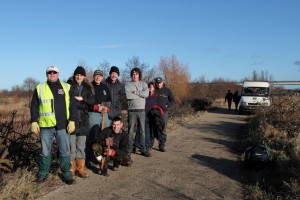Skip to content
- Strategic partnerships – We work with strategic partnerships for the Tees Valley’s natural environment to ensure high level engagement, co-operation and alignment of actions.
- Conservation strategies and plans – We develop, contribute to and deliver strategic plans that affect conservation including Biodiversity and Geodiversity Action Plans, Species and Habitat Action Plans, natural environment sections of Local Plans, Strategic Housing Land Availability Assessments etc
- Local Sites – Local Wildlife Sites and Local Geological Sites encompass the area’s most important wildlife species and habitats. The Trust works to ensure that these sites are protected from development and damage and brought into positive management
- Lobbying and Campaigning – Raising public awareness of threats to the natural world. Protecting sites from development or damage, and ensuring that laws to protect wildlife are used and enforced.
- Wildlife Recording – Our work depends on sound science. Wildlife Recording includes site surveys, compiling records of wildlife and work with specialists such as ERIC (the North East records centre) and Wildflower Ark. There is an ongoing need to train people in surveys / recording and the opportunity to support projects by volunteers and students
- New nature reserves – Extending the network of sites that are managed as sanctuaries for wildlife and places for people to enjoy wildlife. This can be achieved through buying land, receiving land through legacies or taking on management of other sites through management agreements or leases.
- Working in partnership with the Wildlife Trusts- Achieving shared aims of the Wildlife Trusts where these are best delivered through partnership working regionally or nationally.
- Living Landscapes and Living Seas – Seeking to create ecologically resilient areas hat are well- connected and can adapt to change by working at the landscape scale. These might operate in East Cleveland, along the Tees at Teesmouth or as Green Infrastructure within urban environments.


